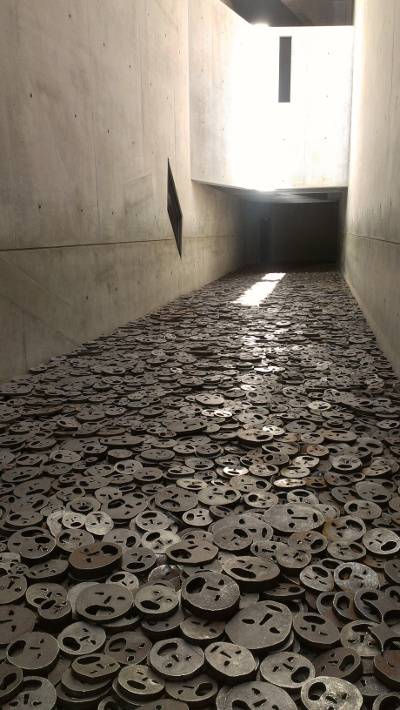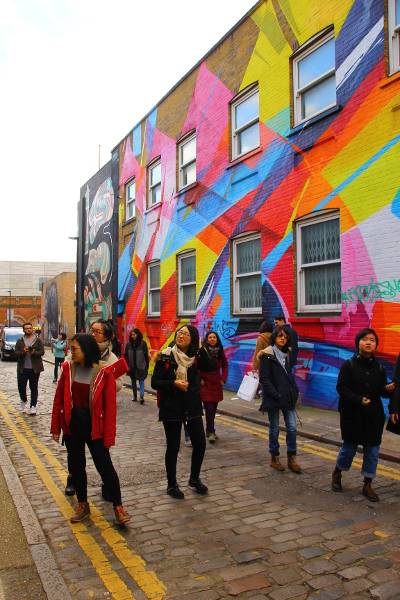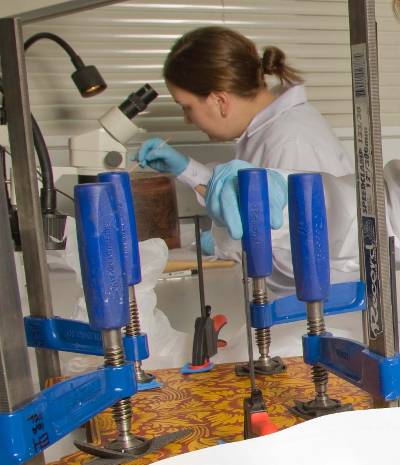The Institute is renowned as one of the world's leading centres of expertise for research and teaching in the fields of Museum Studies, Conservation, Cultural Heritage Studies, and Public Archaeology.

Staff and students working in these areas comprise the Institute’s Heritage Studies section.
This is a strongly interdisciplinary area of study and the section brings together scholars from a wide range of academic and professional backgrounds, including anthropology, archaeology, conservation, curatorship, heritage management, museum education, and material culture studies. In keeping with other areas of expertise within the Institute, the section promotes a global and cross-cultural perspective, with staff and students currently working in North and West Africa, the Middle East, South America, Central Asia, and the Pacific, as well as in Europe.
The concerns of the Heritage Studies section embrace both issues of professional practice - for example in heritage resource management, conservation science, or museum communication - and critical academic engagement, bridging theory and practice. Thus our work ranges from the ethnographic study of cultural memory and historical consciousness, for example, through to investigations of the social role of museums, the use of heritage in international development, the public interpretation of the past, the ethics of conservation, and the global trade in antiquities.

Working closely with colleagues in the World Archaeology and Archaeological Sciences sections of the Institute, and networked through the UCL Centre for Critical Heritage Studies, UCL Centre for Digital Humanities, UCL Culture and other colleagues and organisations, the Heritage Studies section brings together a vibrant community of researchers, teachers and practitioners.
We also play a significant role in the development of national and international heritage research policy. The section is currently the home of the Arts and Humanities Research Council Heritage Priority Area team, led by former Section Co-ordinator Rodney Harrison who was appointed AHRC Heritage Priority Area Leadership Fellow. Rodney also directs our AHRC funded Heritage Futures research laboratory, which collaborates with over 25 international partner organisations to undertake comparative research on a range of different heritage practices, and aims to foster innovation through creative cross- and inter-sectoral knowledge exchanges.
Members of the Heritage Studies section supervise a large number of PhD students, and co-ordinate and teach on some of the Institute's most popular MA and MSc programmes, including Museum Studies, Cultural Heritage Studies, Principles of Conservation, Conservation for Archaeology and Museums, Public Archaeology, and Managing Archaeological Sites.

As well as academic research across the social and historical sciences, and the arts and humanities, many section members work closely with colleagues in museums and other cultural organisations, and engage in consultancy and outreach work, contributing to policy-making agendas, with a strong commitment to public engagement and impact.
 Close
Close

